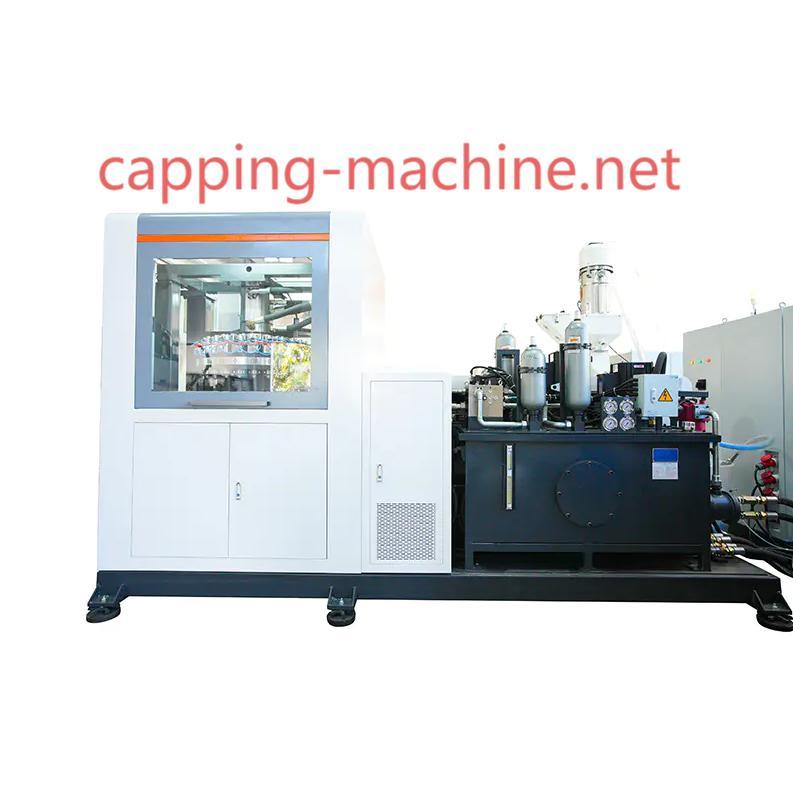In the plastic cap manufacturing industry, production efficiency and unit cost are directly influenced by the equipment used on the factory floor. As more manufacturers transition from traditional injection systems to compression technology, understanding the Cap Compression Molding Machine Price becomes a central part of budgeting and operational planning. For companies seeking a balance between investment and output, brands like Taizhou Chuangzhen Machinery Manufacturing are offering innovative and cost-effective solutions across global markets.
The first and most obvious factor in pricing is output capacity. A 24-cavity compression molding machine will be significantly less expensive than a 64-cavity system, but the latter can produce more than double the volume in the same cycle time. When considering price, buyers must evaluate not just the upfront equipment cost but also long-term output potential. The Cap Compression Molding Machine Price often reflects this scalability. Manufacturers running high-speed beverage lines or multiple cap types benefit from higher cavity models that reduce downtime and maximize throughput.
Another key influence on price is the automation level. Basic machines with manual operation cost less but require more labor and are slower to scale. In contrast, high-end models with PLC control, touchscreen HMI, servo-driven mold plates, and integrated quality detection systems cost more initially but offer major efficiency advantages. Chuangzhen’s fully automated machines are often equipped with fault detection, real-time monitoring, and modular upgrades that future-proof the investment. These systems reduce waste and human error, making them more economical over time.
Material compatibility and mold customization also factor into the pricing equation. If a client needs a machine that supports both HDPE and PP materials, or requires precision tooling for custom flip-top or tamper-evident closures, the machine will be engineered to a higher specification. Mold steel type, cooling design, and changeover time also impact final pricing. Chuangzhen offers tailored mold sets and quick-change tooling to help factories improve product flexibility without halting production.
Geographic location and component sourcing also affect pricing. Machines using European control systems or Japanese servo motors generally cost more, but deliver higher stability and longer life. Chuangzhen balances performance and price by selectively combining domestic and imported components, offering global buyers an attractive compromise between cost and quality. Additionally, local taxes, shipping costs, and after-sales service contracts will influence the final investment figure.
Before purchasing, it’s important to evaluate more than the sticker price. Energy savings, ease of maintenance, and unit cost per cap are long-term metrics that impact ROI. Chuangzhen provides detailed cost-performance data during quotation and offers transparent breakdowns of energy consumption, production speed, and service intervals to help buyers plan capital expenditures intelligently.For a detailed breakdown of technical options, pricing ranges, and future trends in compression molding, visit: https://www.capping-machine.net/product/ .
